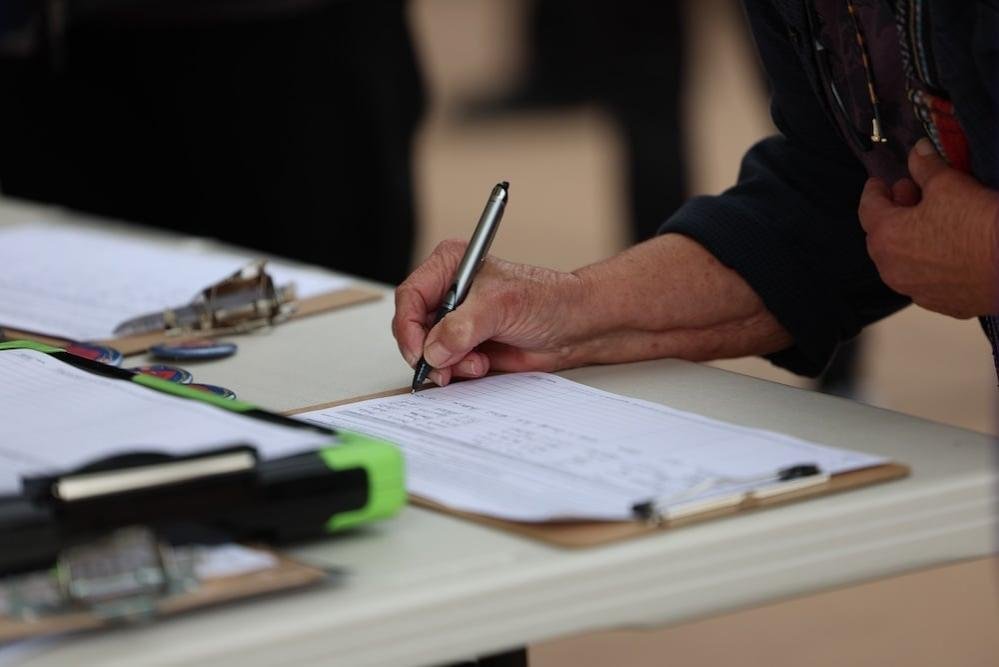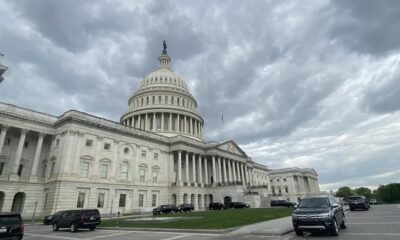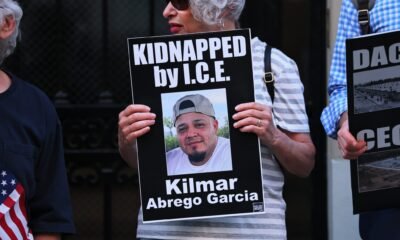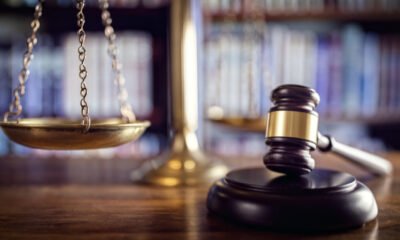arizona
Az Supreme Court Breaks 80-Year Precedent, Prop. 140 Supporters Cry Foul

The political committee advocating for Proposition 140, known as the Make Elections Fair Act, is urging the Arizona Supreme Court to rethink its recent decision that permitted a legal challenge against the initiative’s placement on the electoral ballot. The committee labeled the court’s ruling as “unprecedented” and inconsistent with over 80 years of established legal precedent.
The crux of the issue revolves around approximately 40,000 signatures collected for Proposition 140, which aims to abolish partisan primaries. Although a lower court previously determined that the signatures were valid, the Supreme Court’s recent order mandates a reevaluation of the potential duplication of these signatures—an analysis that could threaten the initiative’s eligibility on the ballot. The lower court had confirmed that the proposition had garnered roughly 32,000 more signatures than necessary.
On August 22, the Supreme Court stated the trial judge failed to adequately consider evidence presented by the plaintiffs, which allegedly indicated tens of thousands of duplicate signatures. Consequently, the justices instructed the judge to reexamine the evidence to confirm whether Proposition 140 meets the required number of valid signatures for the upcoming November election.
Make Elections Fair’s attorneys filed a motion on August 28, asserting that the Supreme Court overstepped its own rules and previous rulings. They emphasized that the ongoing litigation risks disenfranchising Arizona voters, who rely on the clarity and accessibility of the voting process.
The implications of the court’s order are significant. Should the signatures be ultimately ruled invalid, any votes cast for Proposition 140 will not be counted. The initiative seeks to revise the Arizona Constitution, establishing an open primary system where all candidates, regardless of party affiliation, compete in a unified primary election.
This proposal would empower all registered voters to select from an array of candidates during the primary, with the leading vote-getters advancing to the general election, irrespective of their political party. The initiative also includes candidates who are politically unaffiliated.
Attorneys point out the pressing timeline, noting that ballot finalizations are critical as counties approach deadlines for early voting materials. In Maricopa County, ballots for military members and voters overseas are expected to begin distribution by September 21, with early ballots scheduled for release on October 9.
“Continuing this litigation beyond the start of the ballot printing process deviates from eight decades of precedent that dictates challenges must be resolved before this stage,” the lawyers stated. They argued that historically, court directives have mandated the resolution of challenges prior to ballot completions, suggesting the current order establishes an uncertain pathway.
Furthermore, the committee contends that the ruling enables the signature challenge to persist even after ballot preparations have begun, setting a troubling precedent for future initiative conflicts. The lawyers warned that this invites the risk of voter disenfranchisement, which the court has previously sought to avoid.
Addressing these concerns, Chief Justice Ann Scott Timmer acknowledged the necessity for judicial prudence. In her ruling, she stated that while certainty is desired, the courts must maintain their commitment to justice rather than be pressured by deadlines.
The matter is anticipated to return to the Supreme Court once the trial court assesses the challenge regarding duplicate signatures. The possible outcomes could lead to an injunction against counting any votes for the initiative if the court determines insufficient signatures. Conversely, if the court rejects the challenge, voters will have the opportunity to decide on the proposition’s legality during the election.
Following an emergency hearing last week, the proceedings in the trial court will not continue until September 3.


















